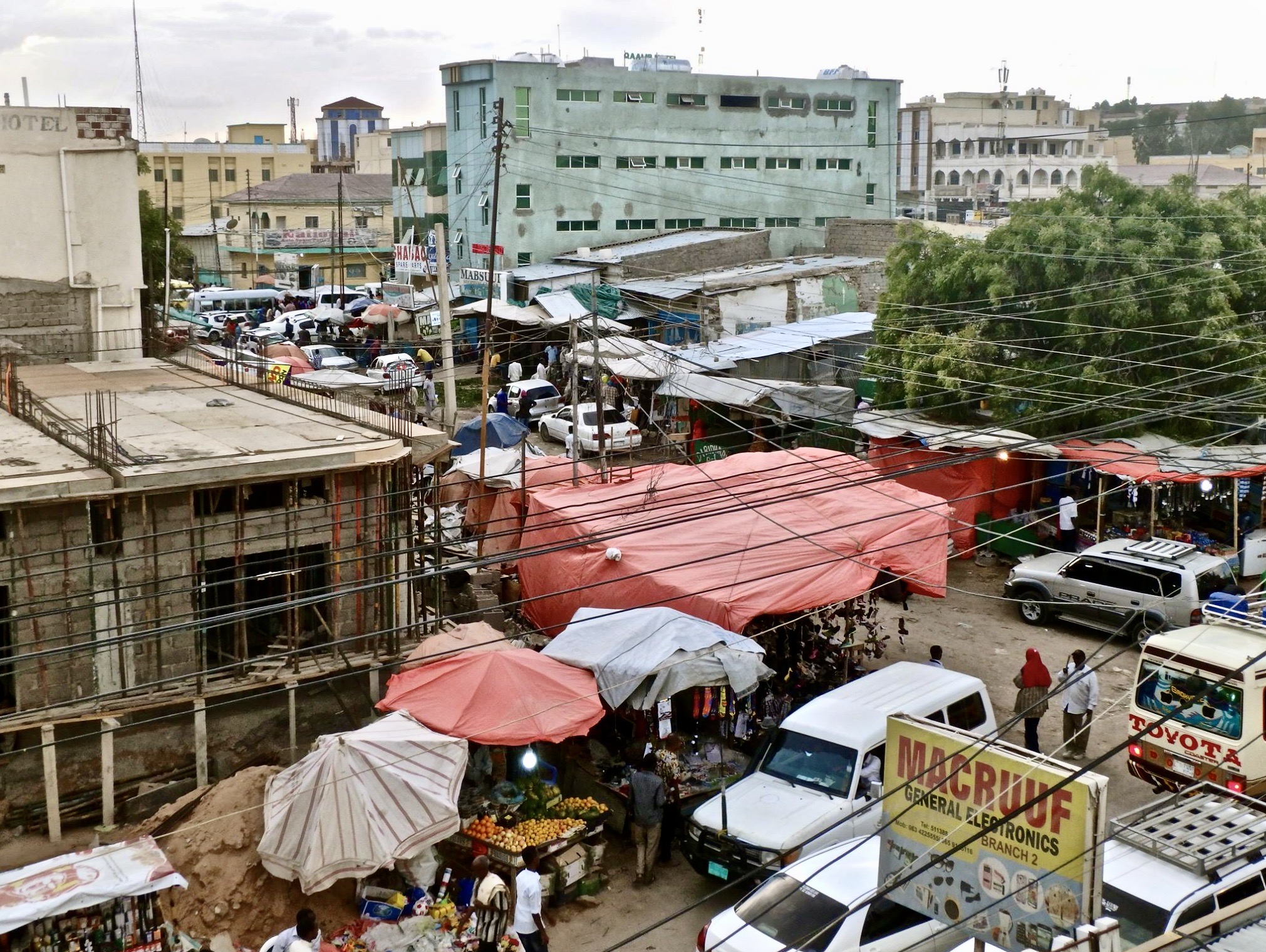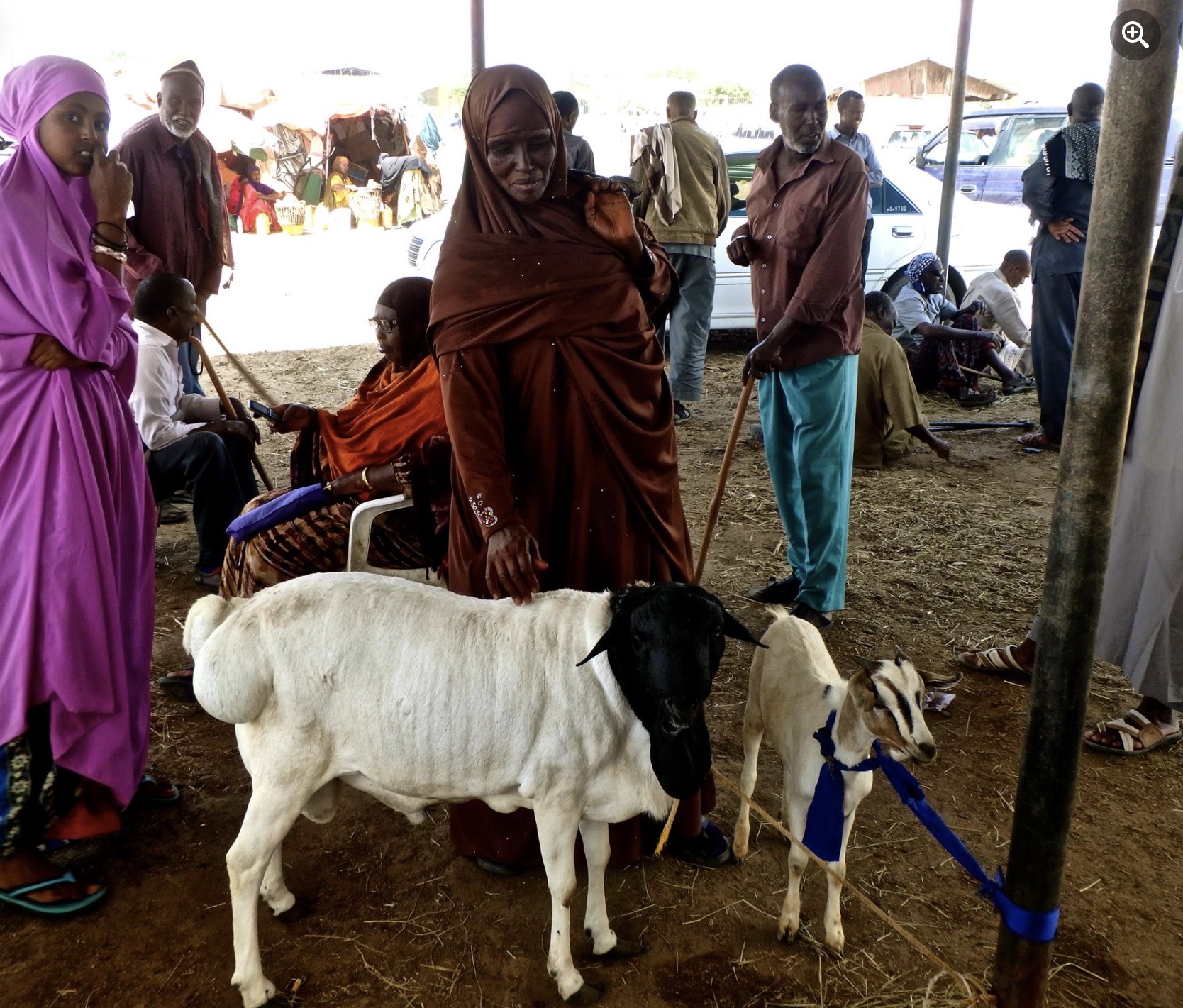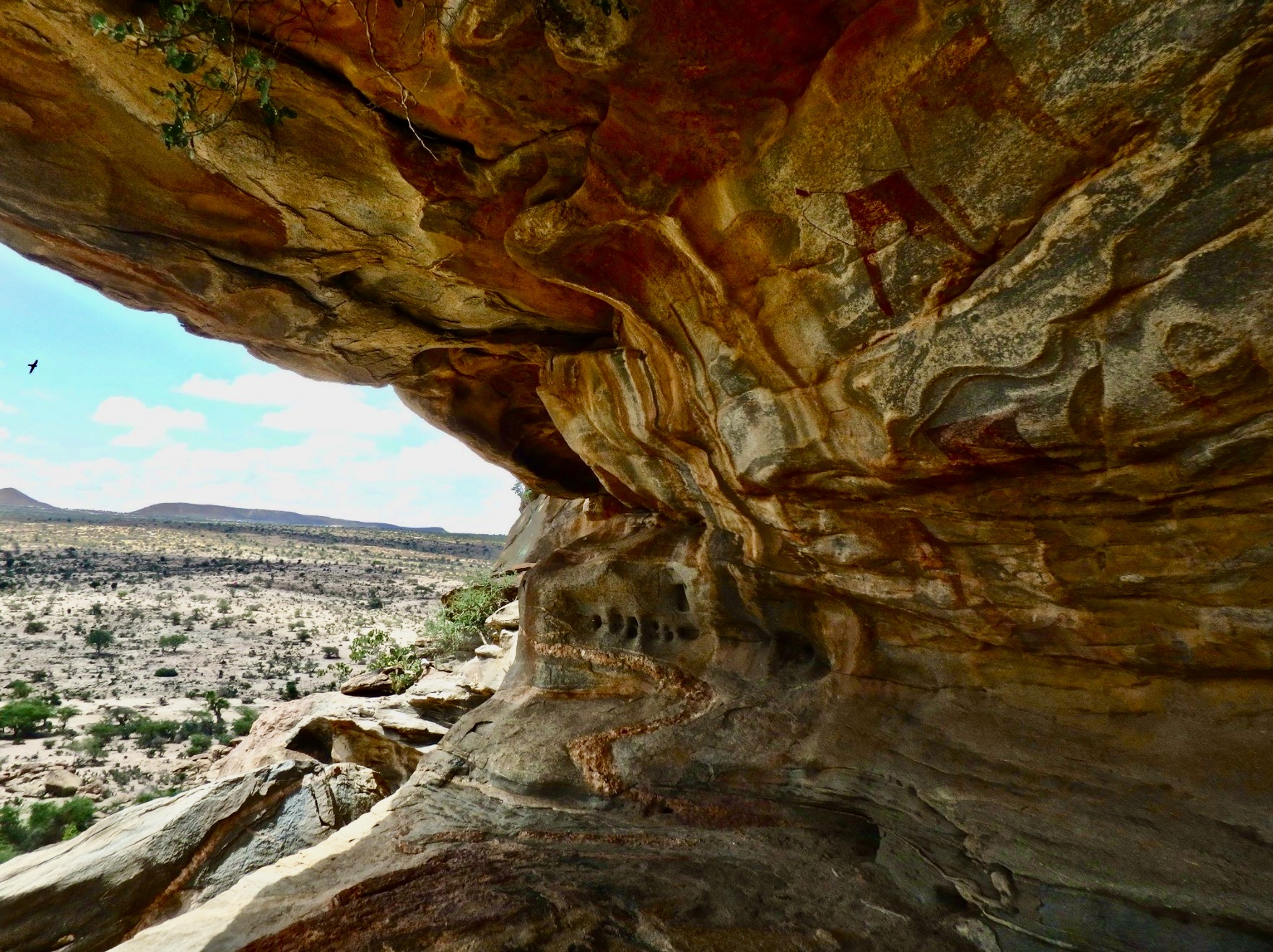Increasing numbers of LGBTQ+ people are willingly travelling to intolerant destinations. Why? Tommy Trivett (not his real name) explains his motivations for being a ‘Rainbow Rebel’.
Being an international gay traveller definitely has its challenges, especially when your interests are off the beaten tourist path. I have learned to be semi-closeted in my lifestyle and to very careful to whom I open myself up to. Doing overland trips from Reykjavik in Iceland to Cape Town in South Africa via Western Africa, travelling alone in Ethiopia and Somaliland, doing a bicycle trip from Northern Norway to Istanbul, Turkey via Eastern Europe, and spending the winter in Antarctica, you learn quickly that even though there are kind, helpful people everywhere in the world, not everyone is open to the LGBTQIA+ community.
People often ask me, “Why do you travel to such dangerous areas?” and “What motivates you?” Even though the path to travelling while being closeted is a lonely one, you will find many unexpected rewards. Setting aside your own interests to learn and grow from different communities around the world can be very enlightening and life changing. You will soon be humbled by the generosity of others who have far less than you and will be inspired to help out other communities.
While traveling in Somaliland, I quickly met a group of guys who were very willing and excited to show me their country. I was travelling overland by myself from Addis Abba, Ethiopia to Harare and eventually into Somaliland. I could not believe the kindness and generosity of the Ethiopian people, and as I approached the border of Somaliland the people just became nicer and nicer. I had no idea where I was going and what bus to take next, but local people were extremely helpful would grab my bags and carry them for me to the next mode of transport. This is where the traveller’s trust comes into play. Sometimes, one just has to trust that deep down most people are genuinely good and want to help.

 After riding a tuk tuk like vehicle with three local women, giggling as we tore down the dusty roads in a border town, I crossed the border into Somaliland and hopped a taxi to Hargeisa. On the ride there, I quickly met a guy who invited me to hang out with his friends. I agreed, and they met me at the hotel I stayed at in the city centre the next day, where we had lots of great conversations and laughs. His friends were very enthusiastic and willing to show me around their country. I, unfortunately had booked my permits and transport for Las Geel and Berbera the night before, so I had to politely decline.
After riding a tuk tuk like vehicle with three local women, giggling as we tore down the dusty roads in a border town, I crossed the border into Somaliland and hopped a taxi to Hargeisa. On the ride there, I quickly met a guy who invited me to hang out with his friends. I agreed, and they met me at the hotel I stayed at in the city centre the next day, where we had lots of great conversations and laughs. His friends were very enthusiastic and willing to show me around their country. I, unfortunately had booked my permits and transport for Las Geel and Berbera the night before, so I had to politely decline.
Fast forward to a couple of years later, I stayed in contact with my Somali friends on social media. I was working in Greenland and received a message from one of the guys that I met at the hotel. The message asked how I was doing, invited me back to his country and asked if I was “a gay.” I paused, my heart sank, and many thoughts ran through my head. Was he trying to out me? Was this a trap? Was his friendship a ploy? In many African countries, being gay is illegal and often results in imprisonment or worse – death.

I vehemently said no and that I wasn’t, as I’m so used to doing when the question arises in awkward situations in foreign countries. Then he asked me again and said that he was. He seemed disappointed and said that he thought that he could read something from me. That’s when it clicked in my head. He’s not trying to out me, but rather, relate and reach out to me, as why would he put himself at risk and in a vulnerable situation? I immediately apologised and told him that I was gay, and that I was afraid of what his initial motives were.
Months later, I found myself working in Antarctica again and received another message from my Somali friend. This time it was more urgent and a cry for help. He had expressed that Somaliland had just made it illegal to be gay and the police were actively hunting down people that were suspected of such acts. My friend said that they had arrested some of his friends and put them in jail. One of his good friends was tricked by the police. He received a message from an unknown number on his phone saying that he forgot some of his things at a certain location. His friend denied that he did and said that they must be mistaken.
The messages continued coming, insisting that he forgot some of his things. Being the nice guy that he is, his friend went to the location to tell the person that the items were not his. Upon arriving, the police instantly jumped him and arrested him. From jail, he texted my friend immediately and told him to flee, because it was only a matter of time before they got him too. My friend hopped the first flight to Mogadishu where he was messaging me.
Being outted as being gay in Somaliland is worse than a death sentence, as my friend described me. It is humiliating and the entire community, including your family will reject you. You are basically treated like a nonhuman, and there is no gaining that respect back. I received this message while at work in Antarctica and became overwhelmed. I could not even imagine what he was going through, and I felt awful for his friends. I went to work straightaway to help him. I started to contact friends that I was out to asking if they would donate money to get him to a safer location. He couldn’t stay in Somaliland and living in Mogadishu wasn’t safe either for different reasons.
After pooling my money and donating funds from friends, I had to get help to wire the money to him which was no easy task. After we found a way to send the money, my Somali friend bought a plane ticket to a different country in Africa. This country is also not LGBTQIA+ friendly, but at least here he can live in hiding and avoid being locked up for the rest of his life.
It is this very reason why I think international travel to non LGBTQIA+ friendly countries is important. Our queer community is everywhere, and how can we turn a blind eye to reaching out to those who need help in dire situations? Being a rogue, closeted traveler isn’t necessarily a desired path, but it can be a rewarding one.
